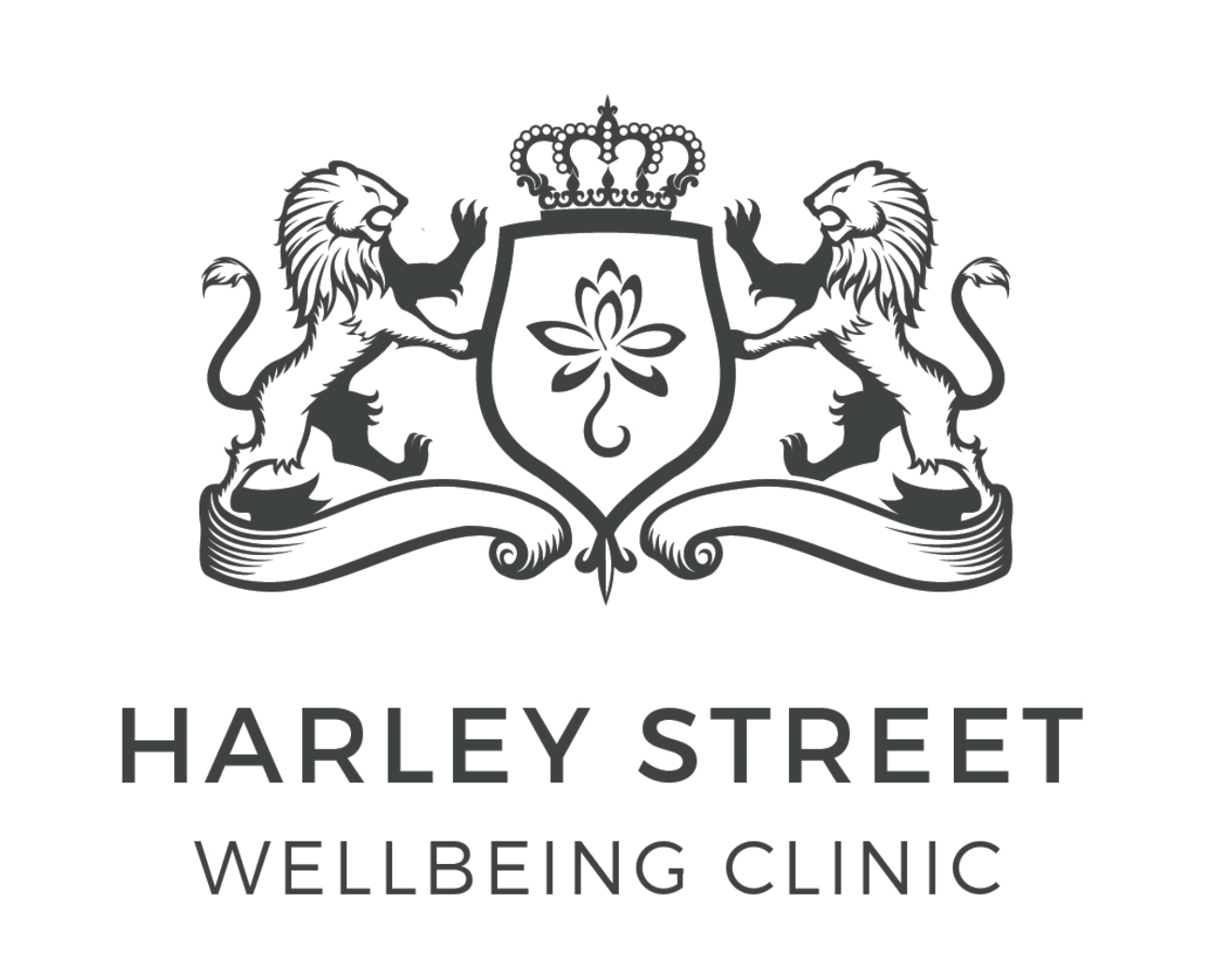Treats? - think again! Child obesity almost doubled over the past few decades in the UK
/An international study has found that four in ten children aged between five and 19 are overweight or medically obese – with ten per cent of youngsters in the UK deemed at an unhealthy weight. Treats should be reconsidered by everybody. Crisps, sweets, sugary drinks etc. cause so many problems and it is like the tip of the iceberg, we have no idea of the complications they can cause later on in life.
Why would we call bad, unhealthy, sugary things treats? If the body doesn't benefit from it, surely it is not a treat. It's more like a punishment for the body as it needs to work extra hard to cope with it! If it was a treat, it would be good for our children!
The research, published by Imperial College London and the World Health Organisation said the number of obese youngsters had almost doubled in the last four decades.
In 1975, 2.66 million children were considered overweight, compared to 4.53million last year according to the report’s findings.
Researchers behind the study, which was published in The Lancet, say the updated figures could suggest the UK is a ticking timebomb when it comes to increased rates of cancer, heart disease and diabetes.
The study was released ahead of World Obesity Day on October 11th and took weight and height measurements from 31.5 million people aged five to 19, and 97.4 million aged 20 and older.
The epidemiological study is the largest of its kind and looked at how body mass index (BMI) has changed since 1975.
Professor Majid Ezzati, of Imperial’s School of Public Health, who lead the study said: “Over the past four decades, obesity rates in children and adolescents have soared globally, and continue to do so in low- and middle-income countries. More recently, they have plateaued in higher income countries, although obesity levels remain unacceptably high.”
Professor Ezzati continues: “These worrying trends reflect the impact of food marketing and policies across the globe, with healthy nutritious foods too expensive for poor families and communities.
”The trend predicts a generation of children and adolescents growing up obese and at greater risk of diseases, like diabetes.
”We need ways to make healthy, nutritious food more available at home and school, especially in poor families and communities, and regulations and taxes to protect children from unhealthy foods.”
This week researchers from the World Obesity Federation warned that the global sum for treating ill health caused by obesity is likely to cost more than £920billion every year from 2025.
The Obesity Health Alliance in the UK warned that junk food companies were pouring millions into advertising sweets and soft drinks to children. Between them 18 companies promoting crisps, confectionary and sugary drinks spent £143m on advertising in 2016. Mondelez spent the most, with £12.3m on advertising Cadbury’s Dairy Milk, followed by Coca Cola. The Alliance, an umbrella organisation of leading health charities and medical royal colleges, contrasted the outlay with the £5.2m that the government spent on its anti-obesity Change4Life social marketing campaign.
Source: LanCET
“It’s like a very unbalanced diet – with children’s health getting a raw deal,” said Caroline Cerny of the Alliance. “Junk food companies are spending tens of millions of pounds a year on promoting their products. Government healthy eating campaigns can’t possibly compete. There’s only ever going to be one winner – so it’s not surprising that the cost of obesity both to people’s health, the NHS and wider society, is spiralling out of control. Something needs to be done urgently to redress the balance.”
Being obese as a child comes with a high likelihood of being obese as an adult and the many health consequences that come with it, including the increased risk of diabetes, cardiovascular disease and some cancers.
Malcolm Clark, coordinator of the Children’s Food Campaign, said that attempts to promote healthy living could not work without more restrictions on marketing. “The role of advertising in driving us towards unhealthy foods cannot be underestimated, especially when it comes to children,” he said. “This is why chocolate and crisps brands are pumping millions into advertising every year. We need the government to go further to protect children from junk food marketing and to safeguard their future health and to avoid having to spend millions dealing with the consequences down the line.”
Being obese as a child comes with a high likelihood of being obese as an adult and the many health consequences that come with it, including the increased risk of diabetes, cardiovascular disease and some cancers.
The potential for these chronic conditions into adulthood also puts an increased burden on health systems -- and financial constraints on individuals.
"We are seeing very worrying trends with pediatricians who have children come in as young as 7 with type 2 diabetes," said Temo Waqanivalu, programme officer for population-based prevention of non-communicable diseases at the World Health Organization. WHO co-led the research with Imperial College London. Type 2 diabetes is typically an adult-onset condition.
Proven measures that work to reduce obesity rates, such as sugar taxes, restricting marketing of unhealthy foods to children and policies to increase physical activity at schools.








